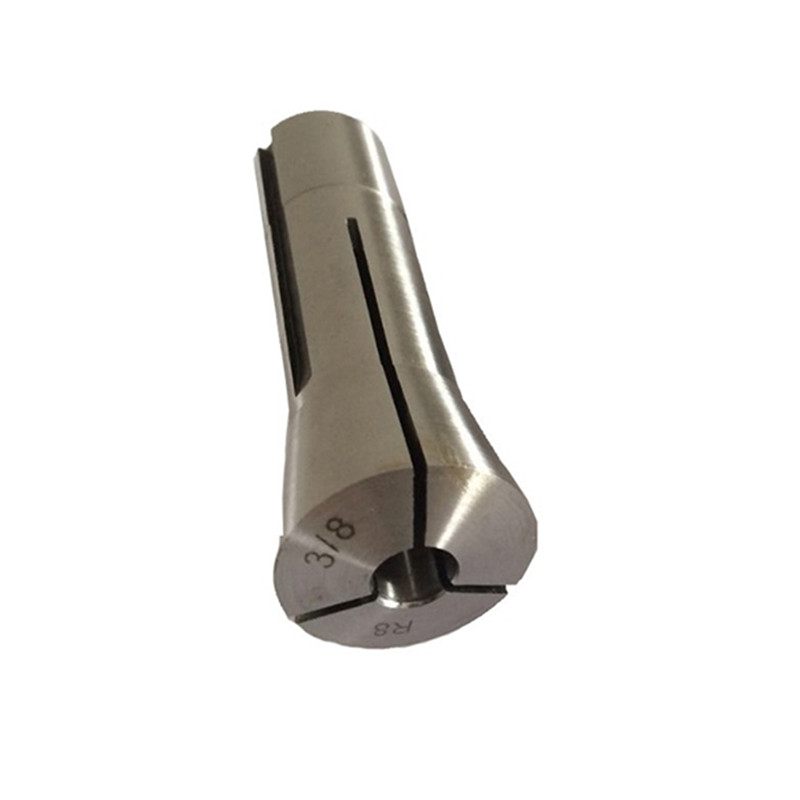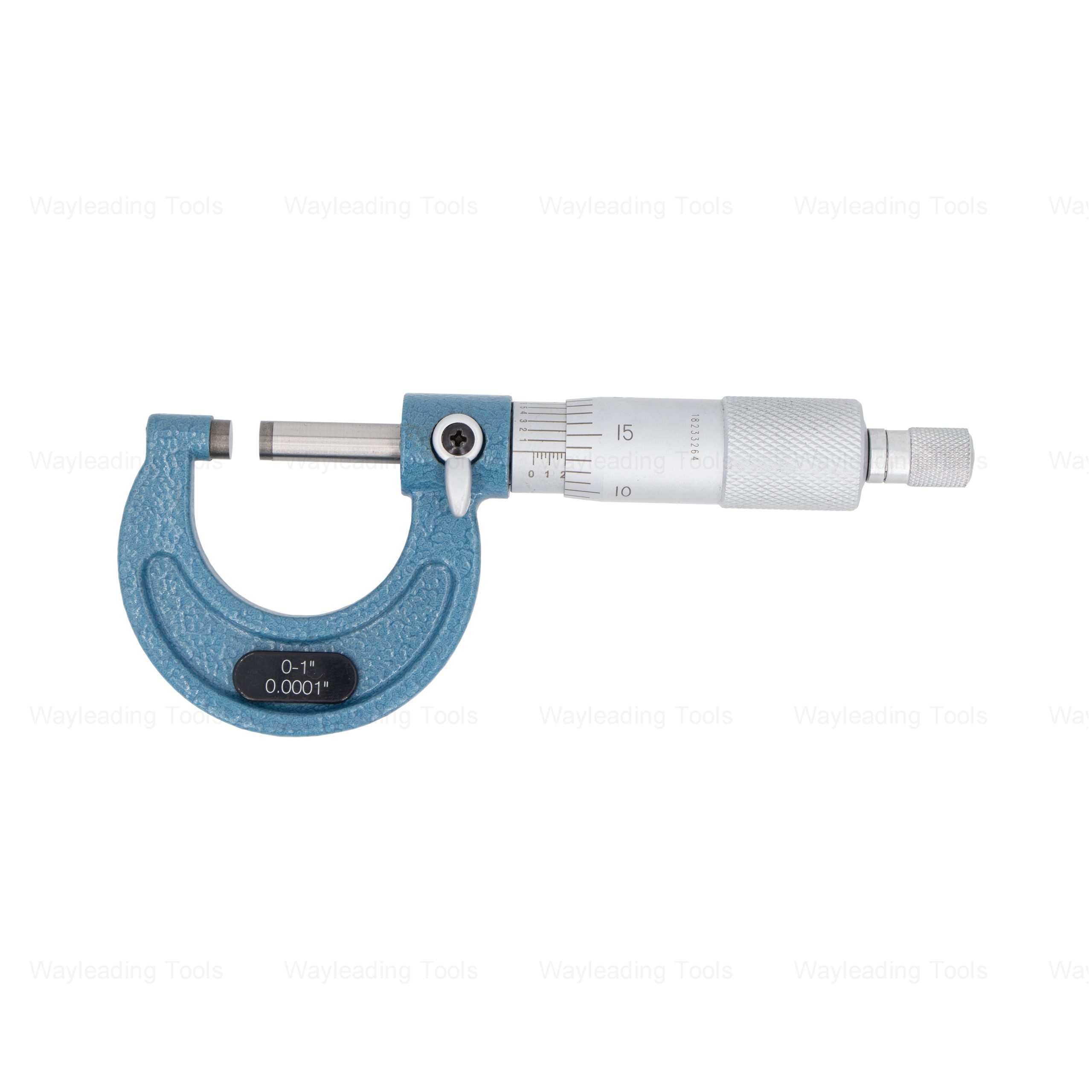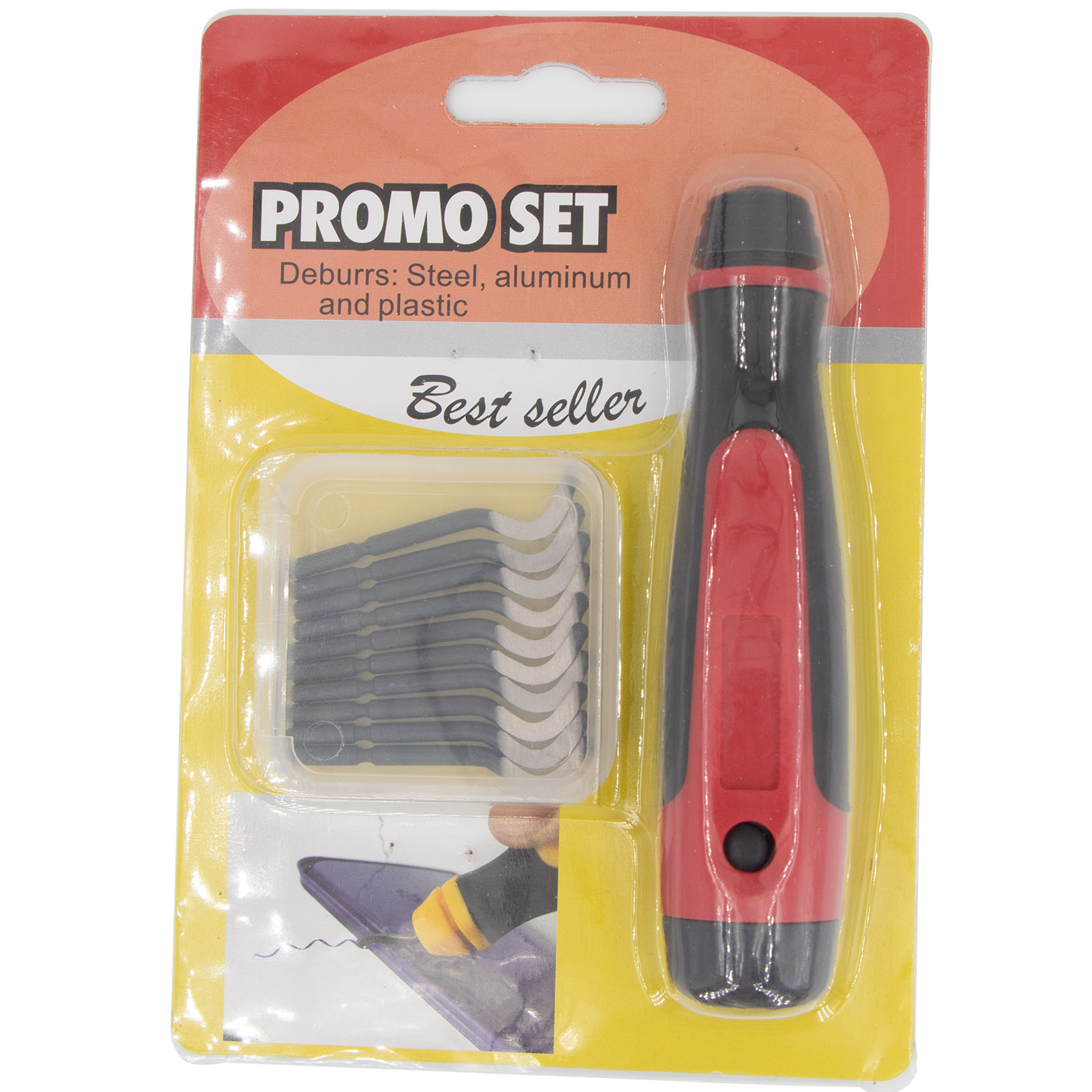depth micrometer Supplier
Looking for a reliable depth micrometer supplier? This guide explores the key factors to consider when choosing a supplier, the different types of depth micrometers available, their applications, and essential features to look for. We'll help you find a supplier that provides high-quality instruments to ensure accurate and consistent measurements for your projects.
Understanding Depth Micrometers
A depth micrometer is a precision measuring instrument used to determine the depth of holes, grooves, slots, and other recessed features. It consists of a measuring spindle that extends from a base, allowing accurate measurement of distances from the base surface to the bottom of the feature being measured.
Types of Depth Micrometers
Several types of depth micrometers are available, each suited for specific applications:
- Mechanical Depth Micrometers: Traditional instruments offering high accuracy and reliability.
- Digital Depth Micrometers: Provide digital readouts, simplifying measurements and reducing the potential for errors.
- Interchangeable Rod Depth Micrometers: Offer versatility by allowing the use of different length rods to measure various depths.
- Blade Depth Micrometers: Feature a thin blade instead of a rod, suitable for measuring narrow grooves and slots.
Key Considerations When Choosing a Depth Micrometer Supplier
Selecting the right depth micrometer supplier is crucial for obtaining reliable and accurate measuring instruments. Consider the following factors:
Product Quality and Accuracy
The supplier should offer depth micrometers manufactured to high standards of quality and accuracy. Look for instruments that comply with industry standards and are supplied with calibration certificates.
Range of Products
A good supplier should offer a wide range of depth micrometers to suit different applications. This includes different types, measuring ranges, and resolutions.
Pricing and Value
Compare prices from different suppliers to find the best value for your money. Consider not only the initial cost but also the long-term value, including durability and accuracy.
Customer Support and Service
Choose a supplier that provides excellent customer support, including technical assistance, calibration services, and warranty support.
Reputation and Experience
Select a supplier with a proven track record of providing high-quality measuring instruments and excellent customer service. Check online reviews and testimonials to gauge their reputation.
Applications of Depth Micrometers
Depth micrometers are widely used in various industries for precision measurement:
- Manufacturing: Measuring the depth of holes, grooves, and slots in machined parts.
- Automotive: Measuring brake rotor thickness, tire tread depth, and other critical dimensions.
- Aerospace: Measuring the depth of features in aircraft components.
- Metalworking: Measuring the depth of threads and other features in metal parts.
- Woodworking: Measuring the depth of mortises, rabbets, and other joints.
Essential Features to Look For in a Depth Micrometer
When selecting a depth micrometer, consider these essential features:
- Accuracy: The accuracy of the instrument should meet your specific measurement requirements.
- Resolution: The resolution determines the smallest increment that can be measured.
- Measuring Range: Choose a depth micrometer with a measuring range that covers the depths you need to measure.
- Material: Look for instruments made from durable materials such as hardened steel or stainless steel.
- Readability: Digital depth micrometers offer clear and easy-to-read digital displays.
- Calibration: Ensure the depth micrometer can be easily calibrated to maintain accuracy.
Where to Find a Reliable Depth Micrometer Supplier
Finding a reputable depth micrometer supplier can be challenging. Here are some resources to help you in your search:
- Online Marketplaces: Platforms like Amazon and eBay offer a wide selection of depth micrometers from various suppliers.
- Industrial Supply Companies: Companies like Wayleading Tools specialize in providing measuring instruments and tools to industrial customers.
- Manufacturer Websites: Many manufacturers of depth micrometers sell their products directly through their websites.
- Trade Shows: Attending trade shows related to manufacturing and metalworking can provide opportunities to meet with suppliers and see their products in person.
Comparing Popular Depth Micrometer Models
Here’s a comparison of popular depth micrometer models, focusing on key features:
| Model | Type | Measuring Range | Accuracy | Resolution |
|---|---|---|---|---|
| Mitutoyo | Digital | 0-4' | ±.0001' | .00005' |
| Starrett 445.1 | Mechanical | 0-6' | ±.0001' | .001' |
| Brown & Sharpe | Mechanical | 0-4' | ±.0001' | .001' |
*Note: Accuracy and resolution values are typical and may vary slightly by specific model and calibration.
Data Source: Mitutoyo, Starrett, Brown & Sharpe
Maintaining Your Depth Micrometer
Proper maintenance is essential for ensuring the accuracy and longevity of your depth micrometer. Here are some tips:
- Cleaning: Regularly clean the measuring surfaces with a soft cloth to remove dirt and debris.
- Storage: Store the depth micrometer in a protective case when not in use.
- Calibration: Calibrate the instrument regularly to ensure accuracy.
- Handling: Avoid dropping or mishandling the depth micrometer, as this can damage the instrument.
Conclusion
Choosing the right depth micrometer supplier and selecting the appropriate depth micrometer are crucial for achieving accurate and consistent measurements in various applications. By considering the factors outlined in this guide, you can find a supplier that meets your specific needs and provides high-quality instruments that will serve you well for years to come. Remember to check Wayleading Tools for reliable options.
Related products
Related products
Best selling products
Best selling products-
 Metric HSS Step Drills With Straight Flute
Metric HSS Step Drills With Straight Flute -
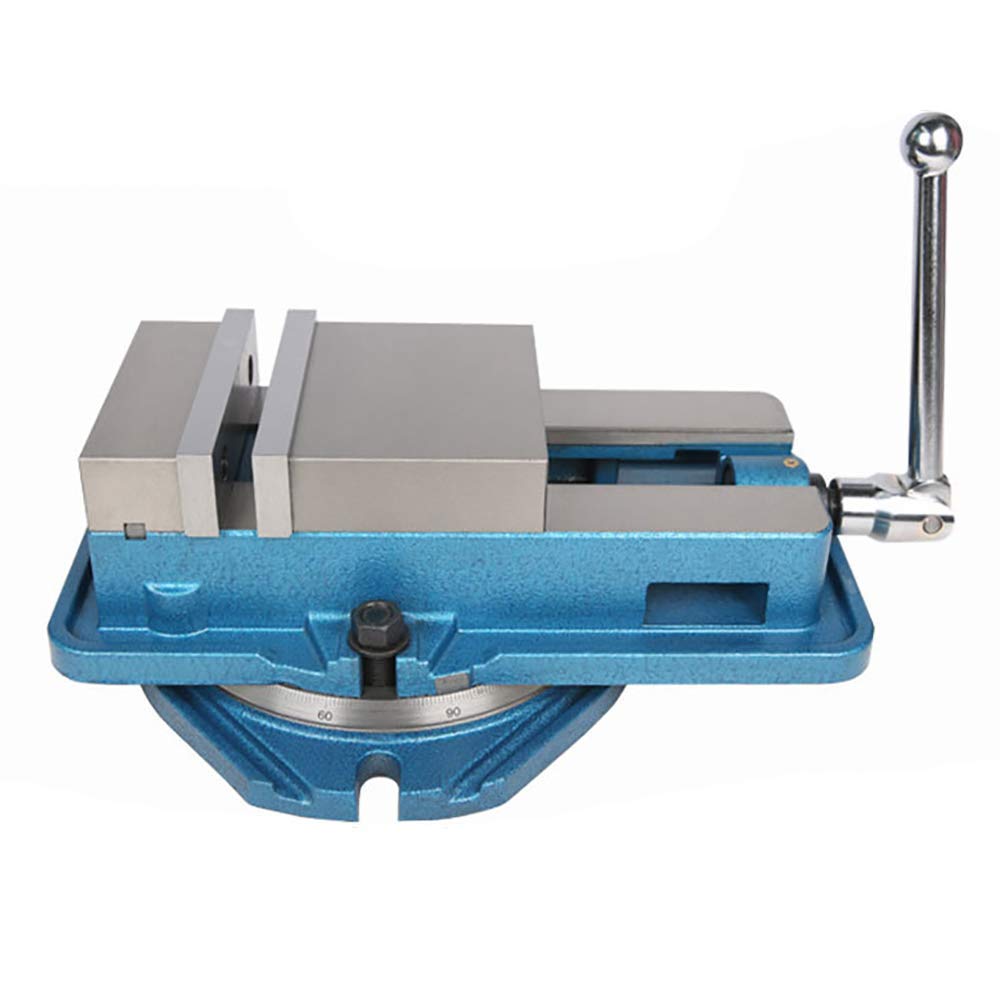 QM ACCU-Lock Precision Machine Vises With Swivel Base
QM ACCU-Lock Precision Machine Vises With Swivel Base -
 Carbide Tipped Hole Cutter For Cutting Stainless Steel And Iron Or Steel Plate
Carbide Tipped Hole Cutter For Cutting Stainless Steel And Iron Or Steel Plate -
 HSS Inch Taper Shank Twit Drills For Metal Cutting Of High Precision
HSS Inch Taper Shank Twit Drills For Metal Cutting Of High Precision -
 Precision Outside Micrometer Of Inch & Metric With Rachet Stop
Precision Outside Micrometer Of Inch & Metric With Rachet Stop -
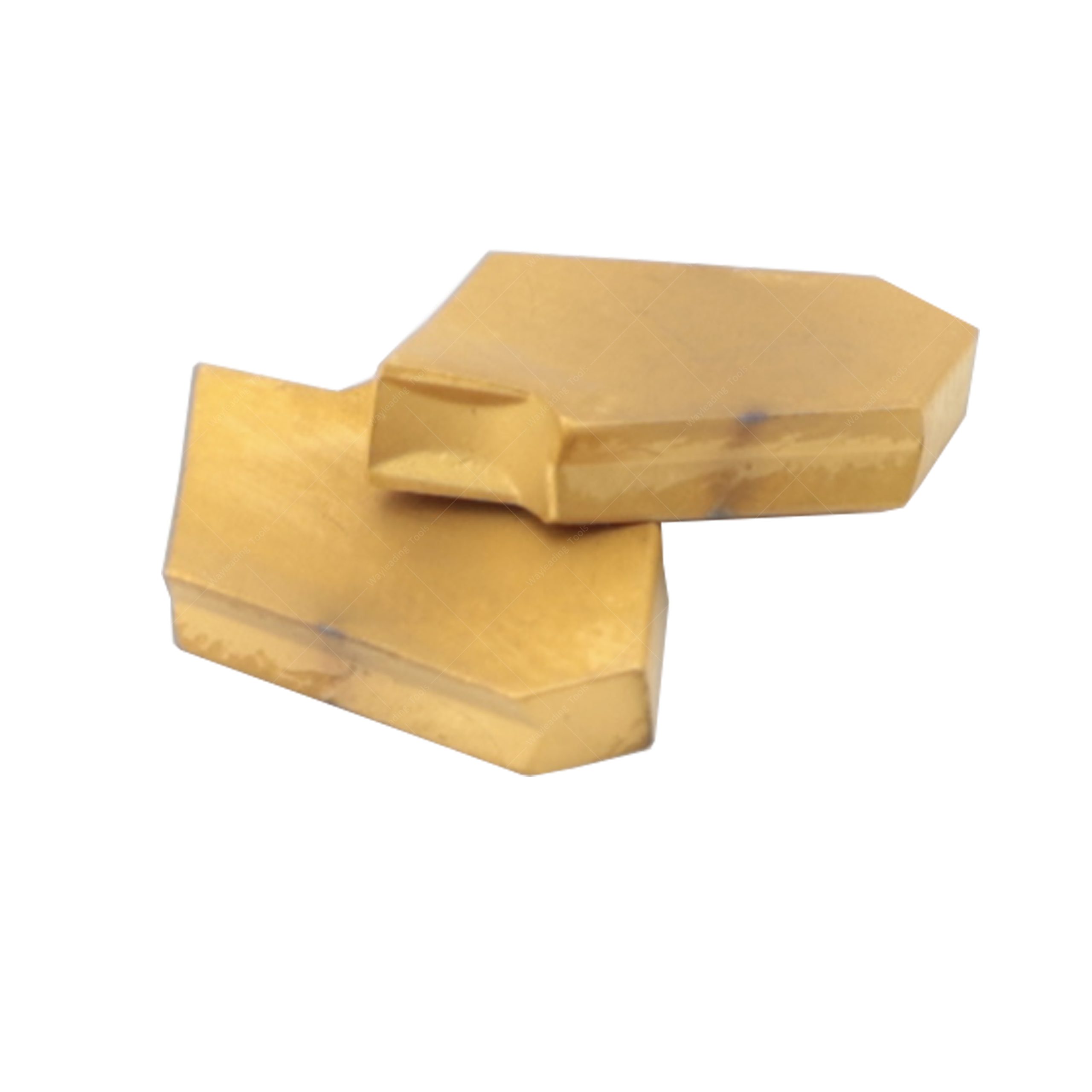 GTN Parting & Grooving Insert For NCIH Blade
GTN Parting & Grooving Insert For NCIH Blade -
 F1 Precision Boring Head With Metric & Inch
F1 Precision Boring Head With Metric & Inch -
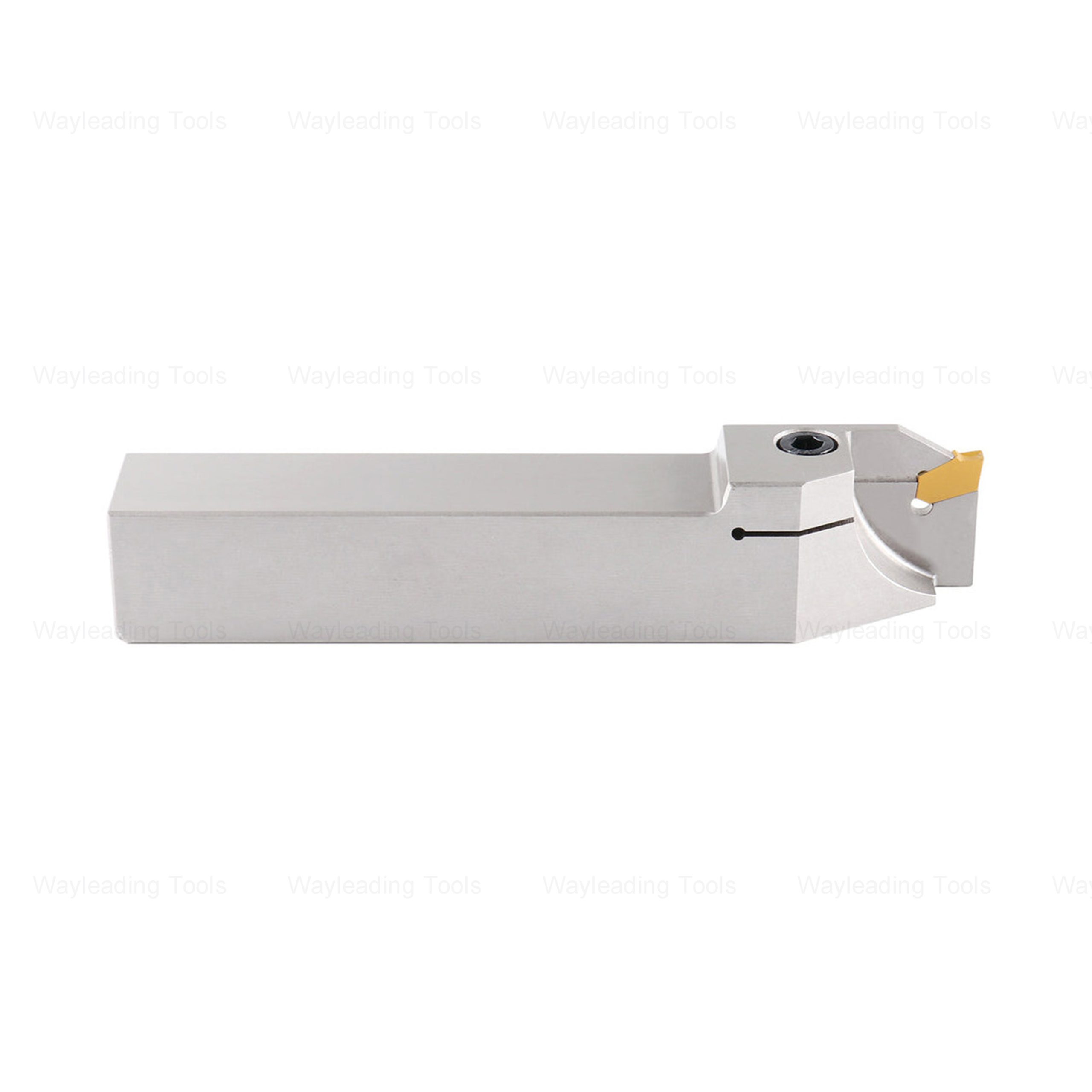 QA Grooving & Cut-Off Tool Holder
QA Grooving & Cut-Off Tool Holder -
 9PCS Broken Tap Extractor Set With Storage Box
9PCS Broken Tap Extractor Set With Storage Box -
 Precision Digital Caliper Of With Metric & Inch Size For Industrial
Precision Digital Caliper Of With Metric & Inch Size For Industrial -
 R8 Hex Collet With Inch and Metric Size
R8 Hex Collet With Inch and Metric Size -
 Precision V Block And Clamps Set With Heavy Duty
Precision V Block And Clamps Set With Heavy Duty
Related search
Related search- shell end mill holder Manufacturers
- horizontal spirit level Factory
- Indexable end mill set Manufacturers
- High-Quality Slitting Saw
- carbide tipped lathe tools Supplier
- carbide center drill Manufacturers
- telescoping gages Factory
- Drill chuck Factories
- 5c fixture mount Factory
- MTJN turning tool holder Manufacturer



